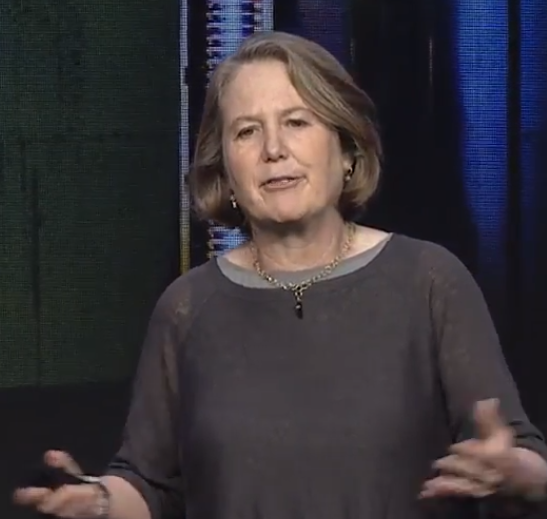Google's biggest enterprise cloud computing challenge: Playing catch-up

Google parent company Alphabet spent a lot of time on its first quarter earnings conference call talking up its enterprise cloud business and how under CEO Diane Greene the unit is more focused.

Google Cloud Platform chief Diane Greene
Listening to Google CEO Sundar Pichai rap about the enterprise cloud I was haunted by one big question: Where was this zest a few years ago?
Google launched its cloud business years ago, talked big about tackling Amazon Web Services in 2013 and then got distracted. For enterprises, it was unclear whether its public cloud fascination was yet another beta to be scrapped.
Meanwhile, Amazon Web Services gained more share, revenue and customers. AWS had maniacal focus. IBM bought SoftLayer and built out its cloud. And Microsoft's Azure platform evolved quickly. Google recently had a powwow and landed some key customers (even though it's not a zero sum game).
Google Cloud Platform courts enterprises and they'll bite on tried and true pitches | Google Cloud Platform breaks through with big enterprises, signs up Disney and others | Workday's Phil Wilmington: Cloud vendors' customer win claims murky
But this week highlighted the maturity difference between Google and its public cloud rivals. Google is having enterprise cloud conversations while rivals are deploying.
Consider:
- Microsoft said its commercial cloud business is on a $10 billion run rate. Meanwhile, Microsoft has been adding artificial intelligence, Internet of things and analytics tools to Azure.
- AWS held its Chicago summit and highlighted customers such as GE Oil & Gas and Kellogg. Ben Wilson, CTO of GE Oil & Gas, gave a keynote at the AWS conference. In an interview, Wilson said GE Oil & Gas has moved 350 apps to AWS on a quest to get to 500 or so. Wilson explained that GE Oil & Gas doesn't have a ton of users per app, but one software package may have 75 interfaces to it. "We didn't move to AWS all at once, but we moved small apps and built up skills over time," said Wilson, who noted that GE Oil & Gas has been cutting out databases to use AWS Aurora.
- IBM won a deal with Halliburton to run its reservoir simulation software on Big Blue's cloud. The applications for Halliburton run models to understand how oil and gas fields may produce under various scenarios.
Where would Google have been if it had only taken the enterprise public cloud business seriously 5 years ago? Or even in 2013?
Pichai noted that the decision to unify its cloud business under Greene has already been paying off. Since Google's cloud conference last month, the company is getting better conversations, said Pichai.
"Our growth was accelerating going into that event and since then, the quantity and quality of our enterprise conversations has risen to a whole new level," he said. "Now we are enlisting in building our go-to-market activities to ensure we have the right expertise available for each of our business customers."
Google could certainly dominate at some point in the future, but there's today's reality that serves as a big roadblock. Google is getting better enterprise conversations while its rivals are deploying and consolidating share in large corporations already.